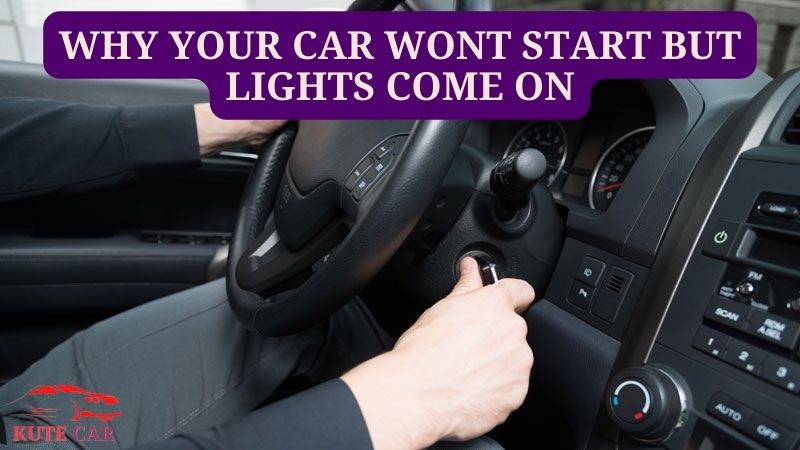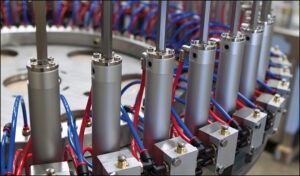If you’ve ever experienced the frustration of turning the key in your car’s ignition only to find that the engine won’t start, you’re not alone. One of the most common variations of this problem is when the car wont start but lights come on. It’s a situation that can leave you feeling confused and helpless, especially if you’re not sure what’s causing the issue.
However, understanding the potential causes of this problem and knowing how to troubleshoot it can save you a lot of time and money in unnecessary repairs. In this blog post, we’ll explore the possible reasons why your car’s lights come on but won’t start and provide some tips on what you can do to diagnose and fix the issue.
Possible Causes of the Problem
If you find yourself in a situation where your car won’t start, but the lights come on, there are a few possible culprits to consider. Here are some of the most common reasons why your car might be experiencing this issue:
1) Dead Battery
A dead or low battery is often the primary cause of a car not starting. Even though the lights come on, there may not be enough power to turn the engine over. This can happen for various reasons, such as leaving the lights on overnight, a faulty alternator, or simply an old battery that needs to be replaced.
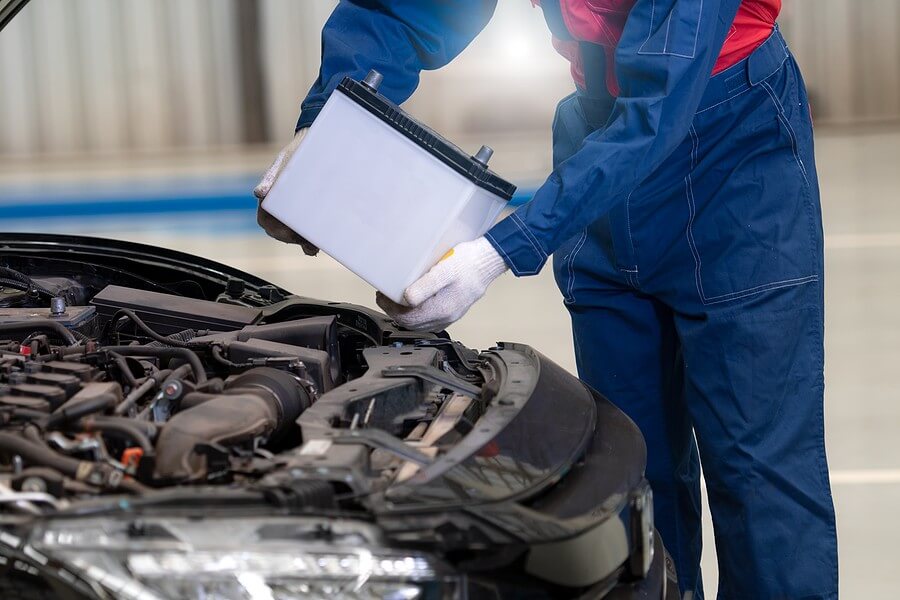
2) Starter Motor Issues
The starter motor is responsible for turning the engine over when you turn the key in the ignition. If the starter motor is faulty or damaged, it may not be able to do its job, which can prevent the engine from starting. In some cases, you may hear a clicking sound when you turn the key, indicating that the starter motor is attempting to engage but cannot.
3) Ignition Switch Problems
The ignition switch is the mechanism that allows you to start the engine by turning the key in the ignition. If the switch is faulty, damaged, or worn out, it may not be able to transmit the signal to the starter motor, preventing the engine from starting.
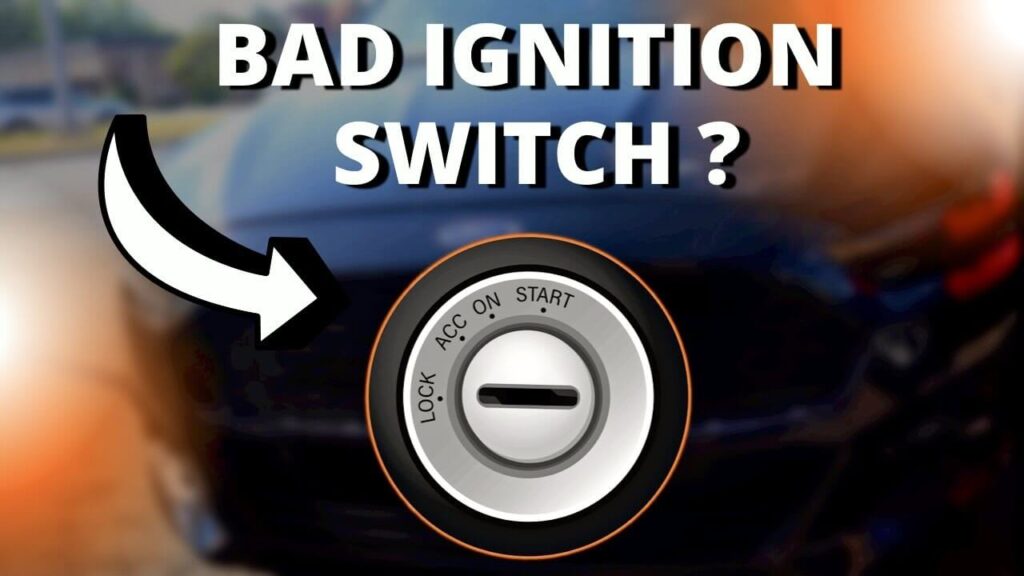
4) Other Possible Causes
Other potential causes of a car not starting include fuel system problems (such as a clogged fuel filter), a damaged alternator, or faulty wiring. These issues can prevent the engine from getting the fuel or power it needs to start, even though the lights may still come on.
How to Troubleshoot the Problem: Car Wont Start But Lights Come On
If you’re wondering why won’t my car start when the lights come on, there are a few things you can do to troubleshoot the problem before taking it to a mechanic. Here are some steps you can take to diagnose and fix the issue:
1) Check the Battery
The first thing to do is to check the battery’s health and charge level. If the battery is dead or low, you may need to jump-start the car or replace the battery. You can check the battery’s charge level with a multi-meter or a battery tester, or by taking the car to a mechanic for a battery test.
2) Inspect the Starter Motor
If the battery is not the issue, the next step is to inspect the starter motor. You can do this by listening for a clicking sound when you turn the key, which indicates that the starter motor is attempting to engage but cannot. You can also test the starter motor’s function by using a multi-meter or by tapping the starter motor with a wrench or a hammer while someone turns the key.
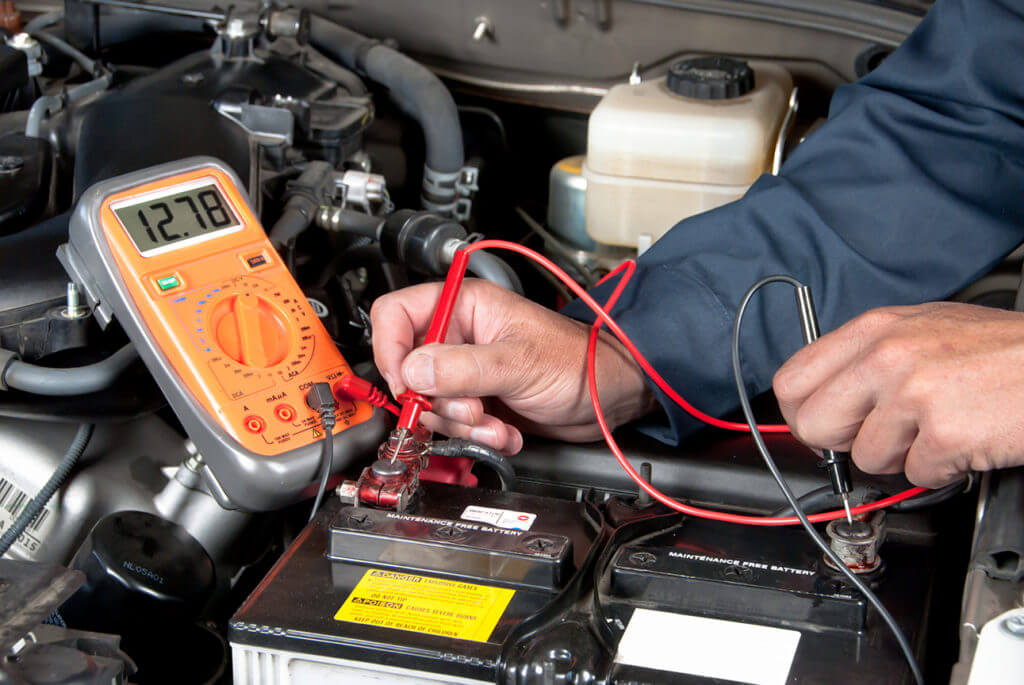
3) Examine the Ignition Switch
If the starter motor is functioning properly, the ignition switch may be the culprit. You can test the ignition switch by using a multi-meter to check for continuity between the switch’s terminals or by replacing the switch entirely if it’s visibly damaged or worn out.
4) Other Troubleshooting Tips
If none of the above steps fix the issue, there may be other underlying problems that require a more in-depth diagnosis by a mechanic. Other troubleshooting tips include checking the fuel system for clogs or leaks, inspecting the loud exhaust system, examining the alternator for damage, and inspecting the wiring for any visible signs of wear or corrosion
By following these steps, you can save time and money by identifying the issue and fixing it yourself if possible. However, if you’re not comfortable with troubleshooting the problem on your own, or if the problem requires a complex repair, it’s always best to seek professional help.
When to Call a Mechanic
If you’ve tried troubleshooting the problem with your car and it still won’t start, it may be time to call a mechanic. Here are some situations where it’s best to seek professional help:
1) Clicking Noise
If your car is making a clicking noise when you try to start it, it’s likely an issue with the starter motor. While you may be able to troubleshoot the issue yourself, it can be difficult to fix without the proper tools and expertise. A mechanic can quickly diagnose and repair the problem, so you can get back on the road.
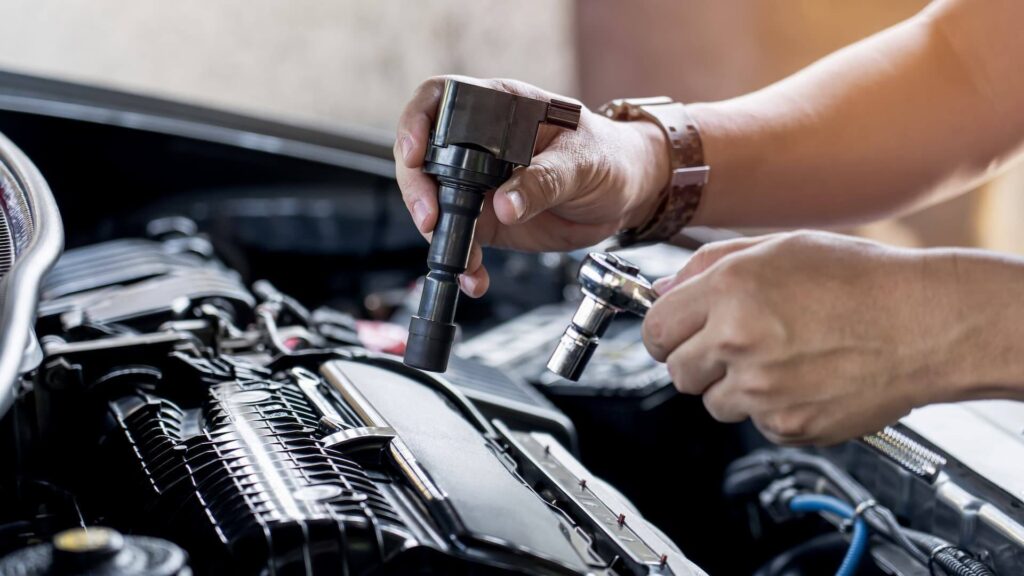
2) Cold Weather
If your car won’t start in cold weather, it could be due to a variety of reasons. For example, the battery may not be strong enough to start the engine in low temperatures, or the fuel may be too thick to flow properly. A mechanic can diagnose the problem and provide solutions to ensure your car starts reliably in cold weather.
3) Other Issues
If you’ve exhausted all troubleshooting options and the car still won’t start, it’s likely a more complex issue that requires professional attention. A mechanic can examine the fuel system, alternator, defective catalytic convertor ignition system, and other components to determine the root cause of the problem.
Conclusion
In conclusion, a car that won’t start but has power can be a frustrating problem to deal with. However, by understanding the possible causes and troubleshooting the issue, you may be able to fix it yourself or seek professional help when needed.
Remember, just because your car has power doesn’t necessarily mean it will start, so it’s important to examine all of the potential problem areas, including the battery, starter motor, ignition switch, and fuel system. By taking care of your car and addressing any issues promptly, you can ensure it runs reliably and safely, even when faced with a challenging situation like a car that won’t start but has power.
FAQ Regarding Car Wont Start But Lights Come On
Q.1) Why won’t my car start even though the lights come on?
There could be several reasons the car won’t start even though the lights come on. Common culprits include a dead battery, a faulty starter motor, or a malfunctioning ignition switch.
Q.2) Can a bad alternator cause a car won’t start even though the lights come on?
Yes, A bad alternator can cause a car not to start when the lights come on. The alternator is responsible for charging the battery while the engine is running.
Q.3) How can I tell if the problem is with the battery or the starter motor?
If you hear a clicking sound when you turn the key, the problem is likely with the starter motor. If you don’t hear any noise, the problem may be with the battery or the connections to the battery.
Q.4) What should I do if my car won’t start but has power?
First, check the battery connections and make sure they are clean and tight. If these are good, try jump-starting the car. If the vehicle starts with a jump, the problem is likely with the battery or alternator. If the car still won’t start, it’s best to take it to a mechanic for a professional diagnosis.

